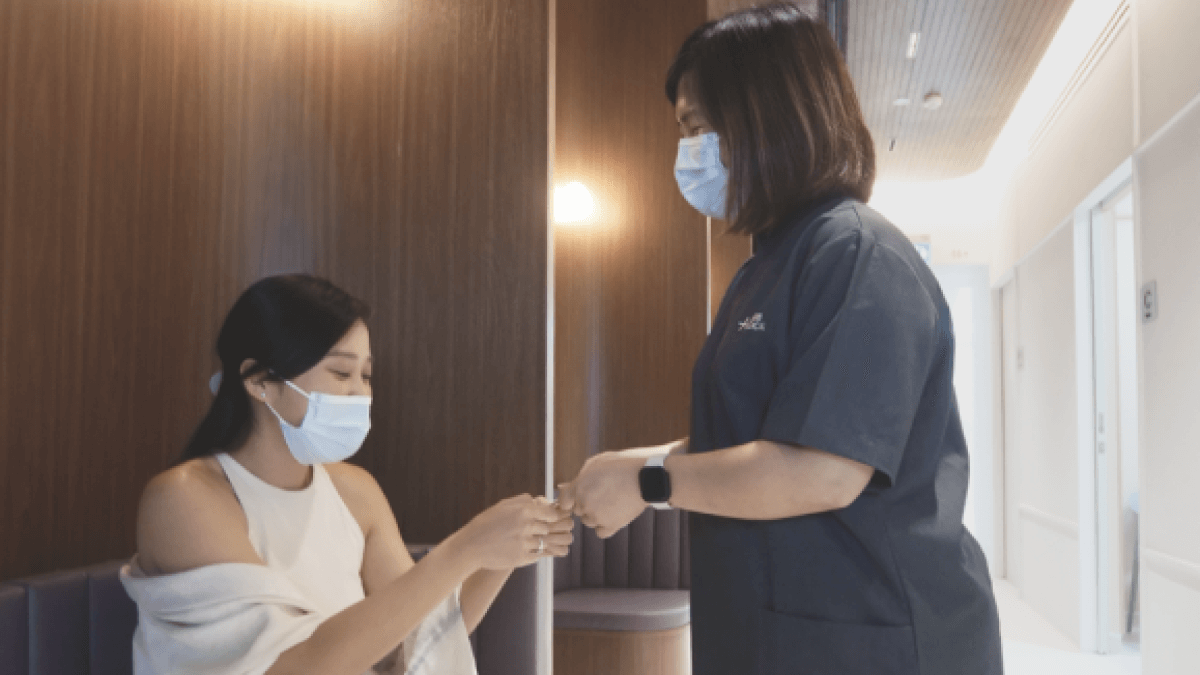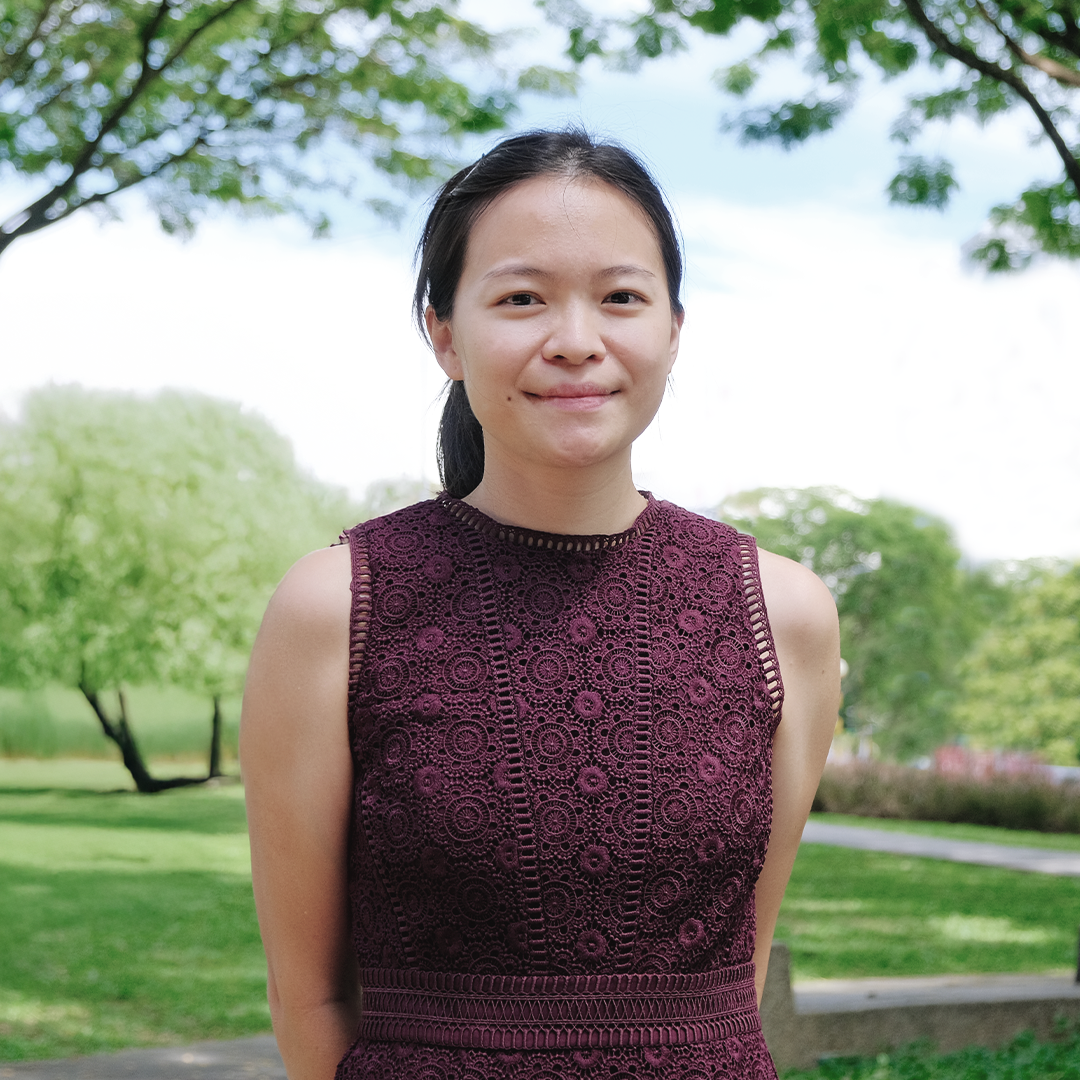What is Hypertension?
Hypertension (high blood pressure) is a long-term condition where the force of blood against your artery walls is consistently too high. If left untreated, it increases the risk of heart attacks, strokes, kidney damage, and vision problems.
Medication Options for Hypertension
If lifestyle changes alone don’t bring your blood pressure into a healthy range, our doctor may recommend starting medication. In Singapore, there are several commonly prescribed types of antihypertensive drugs, each working in different ways:
- ACE Inhibitors (Angiotensin-Converting Enzyme Inhibitors)
How they work: Relax blood vessels by preventing the formation of a hormone that causes narrowing. - ARBs (Angiotensin II Receptor Blockers)
How they work: Block the action of the same hormone, helping blood vessels stay open. - Calcium Channel Blockers
How they work: Prevent calcium from entering heart and vessel muscle cells, reducing pressure and heart workload. - Diuretics (Water Pills)
How they work: Help the body eliminate excess sodium and water, lowering blood volume and pressure. - Beta Blockers
How they work: Slow down the heart rate and reduce how hard the heart has to work.
*These medications require a doctor’s prescription and may be used alone or in combination, depending on your health status and cardiovascular risk profile.
Your Hypertension Treatment Journey at Regis Medical
We manage hypertension through a step-by-step, personalised care plan to help you take control of your blood pressure and long-term health:
- Blood Pressure Monitoring
In-clinic measurements and optional home tracking to establish a reliable baseline. - Comprehensive GP Consultation
Includes assessment of lifestyle, family history, and overall cardiovascular risk profile. - Treatment Planning
Lifestyle changes are the first line—this may include smoking cessation, diet improvement, and weight management. Medication is added if necessary. - Ongoing Monitoring
Regular check-ins and dose adjustments to ensure your blood pressure stays in a healthy range over time.
Why Managing Hypertension Early Matters
You may not feel any symptoms, but untreated high blood pressure silently damages your organs over time—especially your heart, brain, kidneys, and blood vessels.
Managing it early is one of the most effective ways to reduce your long-term risk of heart attacks, strokes, kidney failure, and other serious health complications.
Precautions When Taking Hypertension Medications
While hypertension medications are generally safe and effective, it’s important to take them correctly and watch for potential side effects. Here are some key precautions:
- Take your medication consistently
Always follow your doctor’s instructions. Missing doses can reduce effectiveness and cause rebound hypertension. - Don’t stop abruptly
Never stop taking your medication without medical advice, even if your blood pressure improves. - Watch for side effects
These may include dizziness, fatigue, leg swelling, or frequent urination—report any persistent symptoms to your doctor. - Monitor blood pressure regularly
Home tracking can help you and your doctor assess how well your treatment is working. - Avoid interactions
Inform your doctor about all supplements and medications you're taking, including over-the-counter painkillers or herbal remedies. - Stay hydrated—but not excessively
Some medications (like diuretics) affect fluid balance. Follow guidance on fluid and salt intake.
Our GPs will walk you through what to expect, and help adjust your medication as needed to minimise side effects and maximise long-term benefits.
Why Choose Regis Medical

Manage Your Hypertension
Want to understand your blood pressure treatment options better? Book a consultation with our GPs to discuss your readings and whether medication is necessary.

Holland Village
255 Holland Ave, Singapore 278983
Near MRT Exit B
Mon, Tues, Thurs, Fri:
8.30am - 2.30pm
5.30pm - 10.00pm
Wed:
8.30am - 2.30pm
Sat:
9.00am - 3.00pm
Closed on Sundays and Public Holidays. For the latest updates on our clinic’s opening hours, please check our Google Maps.
** GP registration ends 15 mins before the closing time above, while Physiotherapy & Acupuncture end registration 45 mins before. Please book an appointment in advance to avoid queues and disappointment.
Katong
437 Joo Chiat Road, Singapore 427650
Near Marine Parade MRT
Mon, Tues, Thurs, Fri:
8.30am - 2.30pm
5.30pm - 10.00pm
Wed:
8.30am - 2.30pm
Sat:
9.00am - 3.00pm
Closed on Sundays and Public Holidays. For the latest updates on our clinic’s opening hours, please check our Google Maps.
** GP registration ends 15 mins before the closing time above, while Physiotherapy & Acupuncture end registration 45 mins before. Please book an appointment in advance to avoid queues and disappointment.
Disclaimer:
The information provided on this page about hypertension and related medications is for educational purposes only. It is not intended to be a substitute for professional medical advice, diagnosis, or treatment. Always consult your physician or a qualified healthcare provider with any questions you may have regarding your condition or medication.
The content on this page is meant to provide general guidance and should not be considered as personalised medical advice. We do not endorse any specific medication, treatment, or product mentioned on this page. Any reliance on the information provided here is at your own discretion and risk.
By accessing this page, you acknowledge and agree to these terms.
FAQ
Accessibility & Support
Regis Medical Holland Village is located at 255 Holland Avenue, Singapore 278983
No, you are required to see our Doctors before being prescribed any medications. Unless otherwise indicated.
Appointment
To book an appointment at Regis Medical Holland Village, please call or whatsapp us 8118 5298
To book an appointment at Regis Medical Katong, please call or whatsapp us 9851 3728
Yes. You can reschedule your appointments. However, you need to reschedule your appointment at least 24 hours before your actual appointment time.
You can reschedule your appointment via our booking portal. For urgent cases, please Whatsapp us @ +65 8118 5298.
No refund will be issued for missed appointments.
Finance
We accept Visa/Mastercard/AMEX, PayNow, JCB, UnionPay and ApplePay.
General
Hypertension, or high blood pressure, is a chronic condition where the force of blood against the artery walls remains consistently elevated. If left untreated, it can lead to heart disease, stroke, kidney damage, and vision problems. Because it often causes no symptoms, many people do not realise they have hypertension until complications arise.
Medication is usually considered if:
- Lifestyle changes (diet, exercise, reducing salt intake) have not brought blood pressure under control
- Your blood pressure is persistently above 140/90 mmHg
- You have additional risk factors such as diabetes, high cholesterol, or a history of cardiovascular disease
- Your doctor determines that early medication is needed to protect long-term organ health
There are several classes of antihypertensive drugs, each working differently. Common options include:
- ACE Inhibitors: Relax blood vessels by blocking a hormone that narrows them (e.g. Enalapril, Lisinopril, Perindopril)
- ARBs: Block the same hormone’s action to keep vessels relaxed (e.g. Losartan, Valsartan, Telmisartan)
- Calcium Channel Blockers: Prevent calcium from tightening vessel walls, lowering pressure (e.g. Amlodipine, Nifedipine, Felodipine)
- Diuretics: Help the body eliminate excess salt and water (e.g. Hydrochlorothiazide, Indapamide)
- Beta Blockers: Slow the heart rate and reduce blood pressure output (e.g. Bisoprolol, Atenolol, Metoprolol)
Our doctor will decide which medication or combination is most suitable for your health profile.
Like all medications, antihypertensive drugs may cause side effects. Examples include dizziness, ankle swelling, dry cough (with ACE inhibitors), or increased urination (with diuretics). Our doctor will discuss possible side effects, monitor your response, and adjust treatment if necessary.
Not always. Some patients may reduce or stop medication if they achieve sustained improvements through weight loss, exercise, and dietary changes. However, hypertension is often a lifelong condition, and regular follow-up with our doctor is essential to determine if medication can be tapered.
Most medications begin to lower blood pressure within days to weeks. The full effect may take several weeks, and dosage adjustments are sometimes needed. Our doctor will schedule follow-up checks to monitor your response.
Yes. Medication works best when combined with healthy habits. Reducing salt, maintaining a healthy weight, exercising regularly, avoiding smoking, moderating alcohol, and managing stress are all crucial for long-term control and cardiovascular protection.
Our step-by-step process includes:
- Accurate in-clinic blood pressure monitoring (with home tracking if needed)
- Comprehensive consultation to review lifestyle, family history, and risk factors
- A personalised treatment plan, including lifestyle changes and medication if required
- Ongoing follow-up to monitor progress, adjust dosage, and reduce risks
Yes. Some blood pressure medications may interact with other prescriptions, supplements, or over-the-counter drugs. Always inform our doctor of all medications you are taking, so we can ensure your treatment plan is safe.
